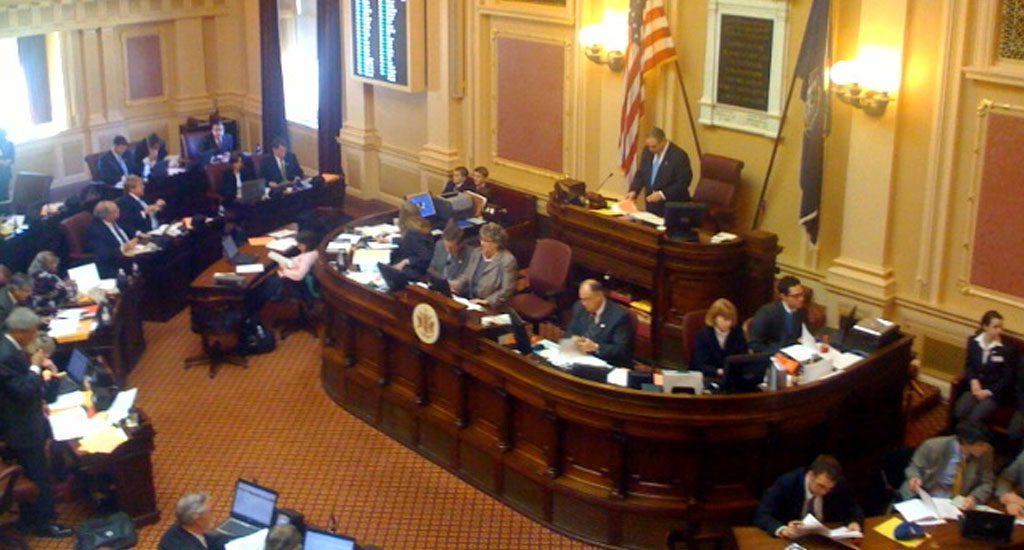With some minor tailoring of Obamacare coming in 2019 — one of which is the removal of the individual mandate carrying penalties for those who did not carry the appropriate government mandated health care plans — the opportunity to provide coverage suited to the needs of individuals is on the horizon.
…that is, if Governor Northam will allow it to happen.
Last year, Virginia Senate Republicans championed SB844, a bill that would allow “short-term” health coverage that are more closely related to the health care we all knew and loved before Obamacare: affordable, compact, and best suited for ourselves and our families.
Of course, Governor Northam vetoed the bill during the session, much to the smiles and nods of the Medicaid-for-all crowd on the progressive left. After all, if individuals were allowed to pick the health care they needed rather than have one imposed from Washington (or Richmond), that would remove a rather sizable constituency for expanded government-run programs…
Thus the Fredericksburg Free Lance-Star — not exactly the home of conservative orthodoxy — opines on the Virginia Senate GOP’s solution for those who find the Obamacare plans unaffordable:
The three Cabinet secretaries noted that their final rule does not force consumers to buy these policies, nor does it deprive them of any ACA protections they currently enjoy. “Consumers who want comprehensive, individual health insurance coverage as defined by ACA will continue to be able to purchase such coverage on a guaranteed availability and guaranteed renewability basis in the individual market.”
But it provides a more affordable option to individuals who might otherwise be uninsured or do not quality for premium subsidies, which in Virginia average $317.26 per month. Sixty-three percent of uninsured consumers visiting the HealthCare.gov website in the past year who did not purchase a plan “cited high premiums as the primary reason.” And with approved rate increases of ACA-compliant policies in Virginia ranging between 35 and 81 percent in 2018, those policies were even less affordable for people without premium subsidies.
This news comes on the heels of Texas v. United States, where Obamacare was ruled to be unconstitutional, thus rendering last year’s compromise on Medicaid expansion in the wake of Senator John McCain’s now-infamous “thumbs down” vote questionable at best.
If even as a stopgap measure, bi-partisan support for the Virginia Senate GOP solution appears to be gaining steam.

